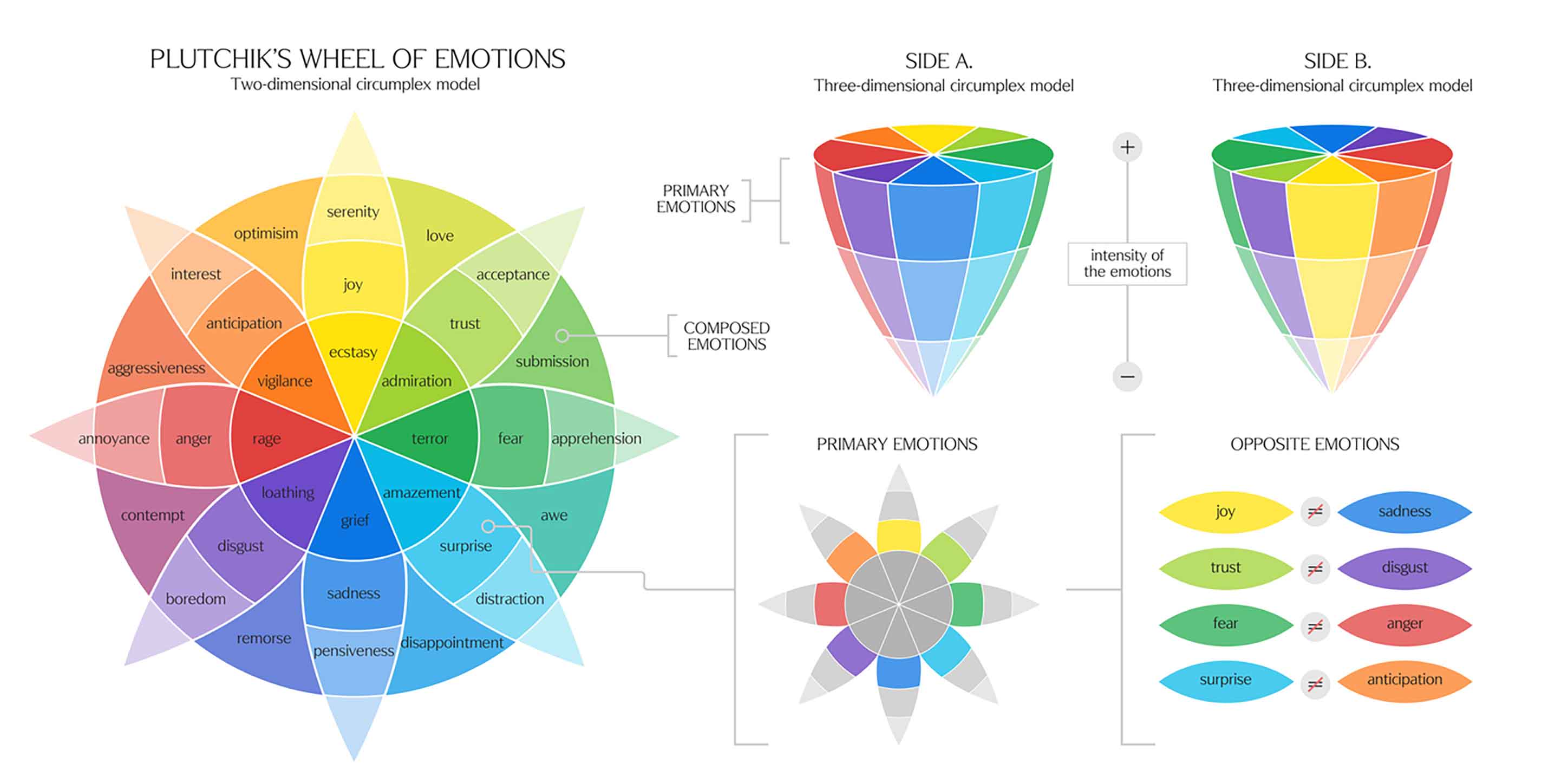 As an abuse survivor, now thriver, I have experienced my share of childhood traumas. Those traumas during childhood led to additional traumas in romantic relationships as an adult. I have been in therapy for most of my life. I started in high school and now I am midway through life.
Here is what I have learned through my own experience and what I have witnessed as an attorney who handles juvenile cases involving child abuse and neglect.
As an abuse survivor, now thriver, I have experienced my share of childhood traumas. Those traumas during childhood led to additional traumas in romantic relationships as an adult. I have been in therapy for most of my life. I started in high school and now I am midway through life.
Here is what I have learned through my own experience and what I have witnessed as an attorney who handles juvenile cases involving child abuse and neglect.
1. Past trauma in childhood can carry into adulthood. When you do not learn how to handle life and have good examples in the form of parents, you will probably be a clumsy adult who replays those childhood traumas and toxic relationships.
2. You can heal from trauma but it takes daily commitment. Think about the daily messages a child receives in the 18 or more years they interact with their family. You may on a daily basis experience neglect, emotional abuse, physical abuse and start to believe that is what life is all about. It could take 18 years of daily messages to undo that and so you have to make self-care and recovering from the abuse a daily priority.
3. People who suffer childhood trauma will often experience depression, anxiety, and/or a horrible combination of both. Several other diagnoses may be in the DSM-V that therapist use to treat trauma patients. It is amazing how children will figure out a way to survive. Anxiety is a common issue that comes up with people I encounter. I have had military come back that have anxiety issues and PTSD. I have sex abuse survivors that have anxiety and depression because they are sometimes unsure how to handle social situations and grapple with low-self esteem. The most important thing if you are dealing with depression and anxiety is to know there are resources all over the world to assist people in dealing with those issues. Try a 12-step program like Al-Non or Co-Dependents Anonymous. Call a hotline. Try an online support group. Contact your insurance to see if they cover any visit to a mental health provider. Know that you are not alone.
4. Take good care of yourself every day including exercising and bathing. If all you can manage is a five-minute walk, do it. If all you do is wash your face and brush your teeth, get up and do it. Those may be big accomplishments if you are wading through difficult emotions. Never discount the small acts of self-care and as you get better, work your way up to longer walks, longer morning and evening rituals to care for yourself.
5. Journal to get those emotions, thoughts, and beliefs out of your system. Trauma has a way of getting trapped inside us and arresting our development. Maybe you even came across someone who is in an adult body but displays bad almost childlike behavior and snaps. If you can take time to journal and put those thoughts, feelings, and beliefs on paper so you examine them; there is an opportunity to see patterns and pull apart if those are real and true or if they are old remainders from childhood you can toss.
 If you cannot figure out what you are feeling, you may want to invest in an emotions wheel. You can search for images of an emotions wheel that covers the range of human emotions everything from anger and sadness to fear to joy. Most wheels branch out to give even more variations
like the difference between fear and being overwhelmed. There are also sets of decals you can buy to put on a journal, computer, or bulletin board.
If you cannot figure out what you are feeling, you may want to invest in an emotions wheel. You can search for images of an emotions wheel that covers the range of human emotions everything from anger and sadness to fear to joy. Most wheels branch out to give even more variations
like the difference between fear and being overwhelmed. There are also sets of decals you can buy to put on a journal, computer, or bulletin board.